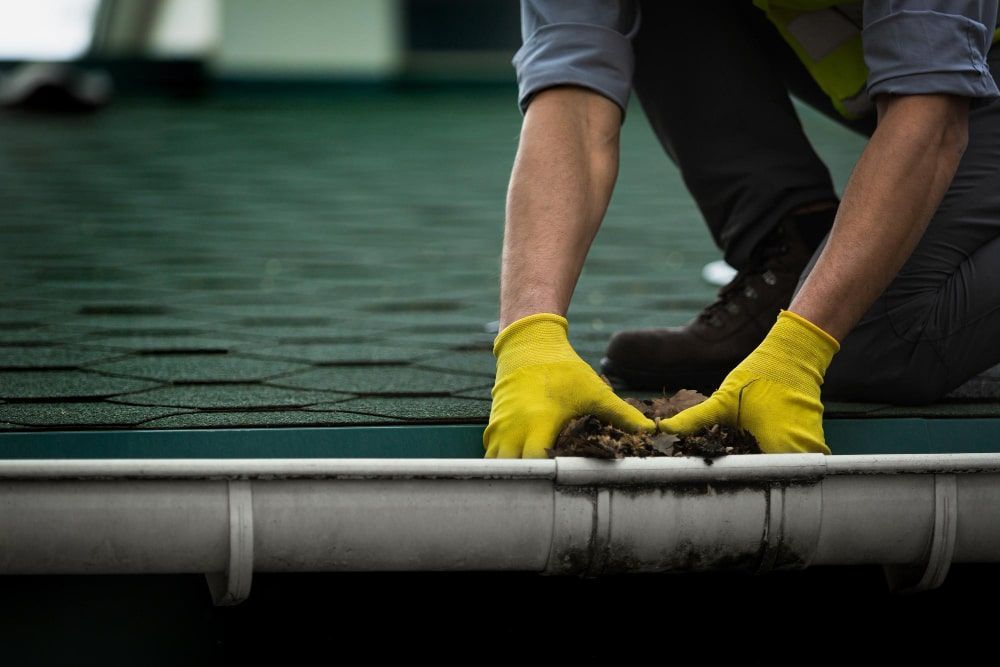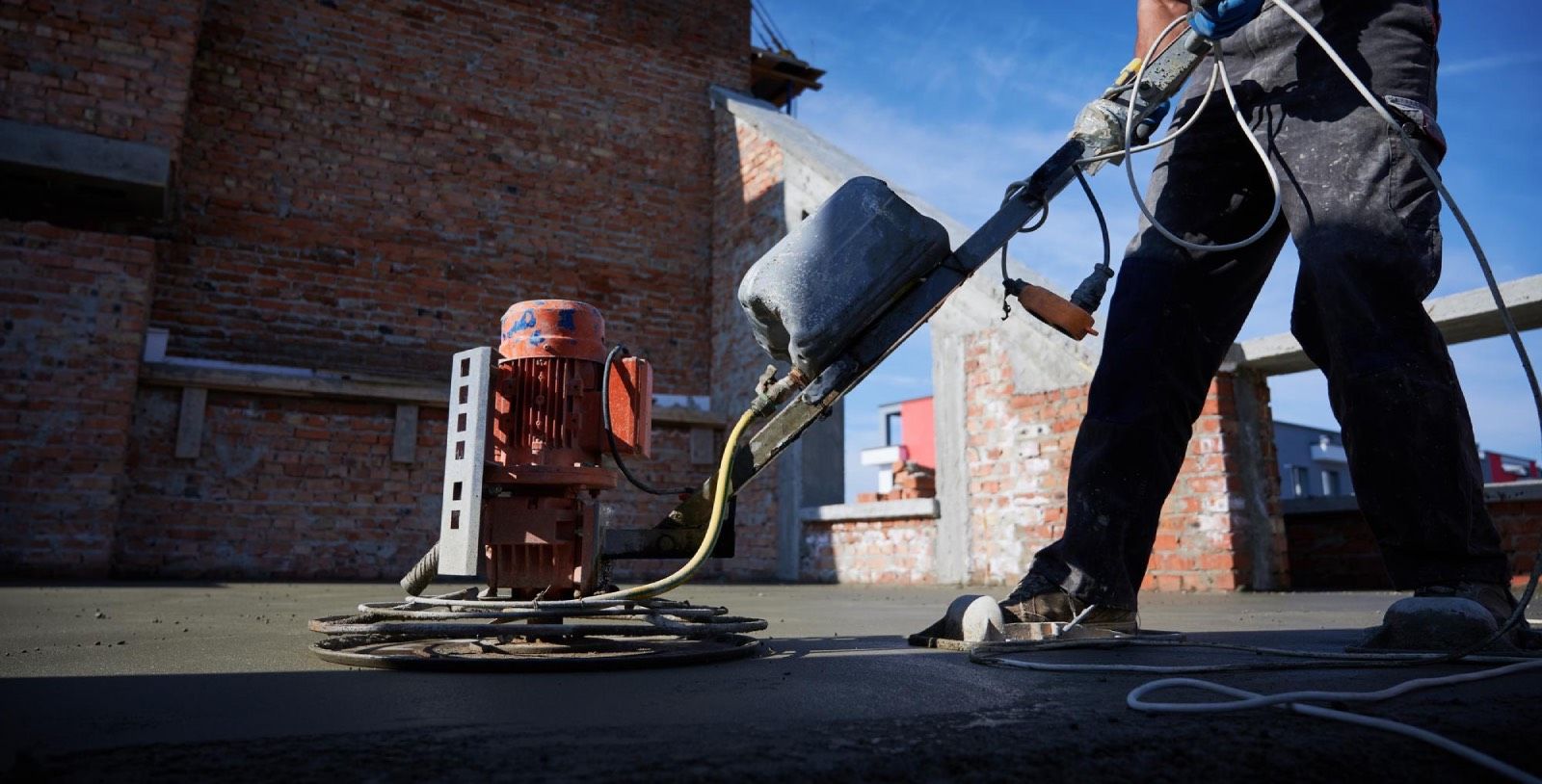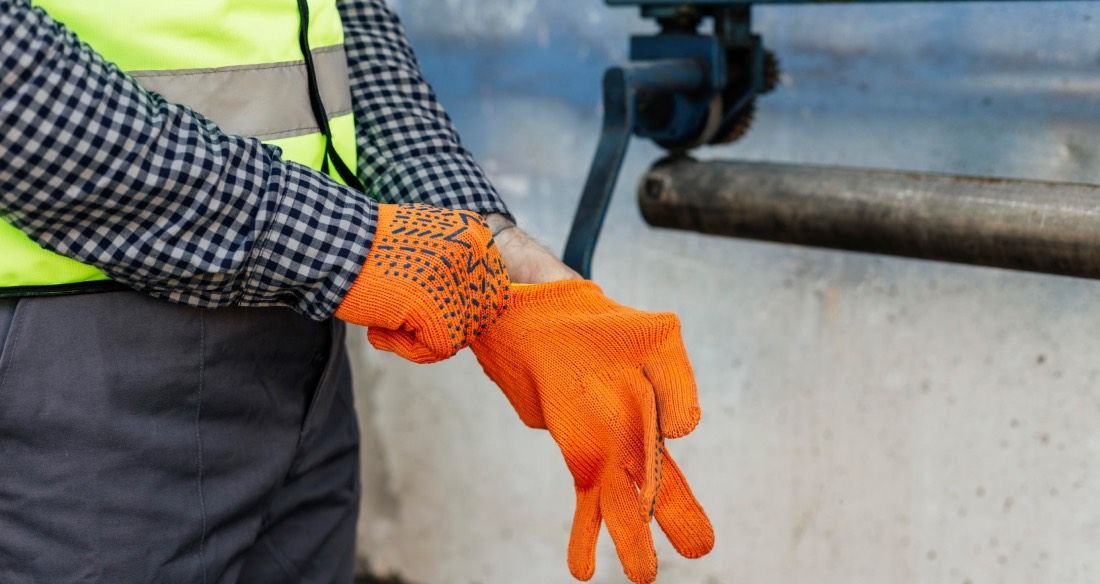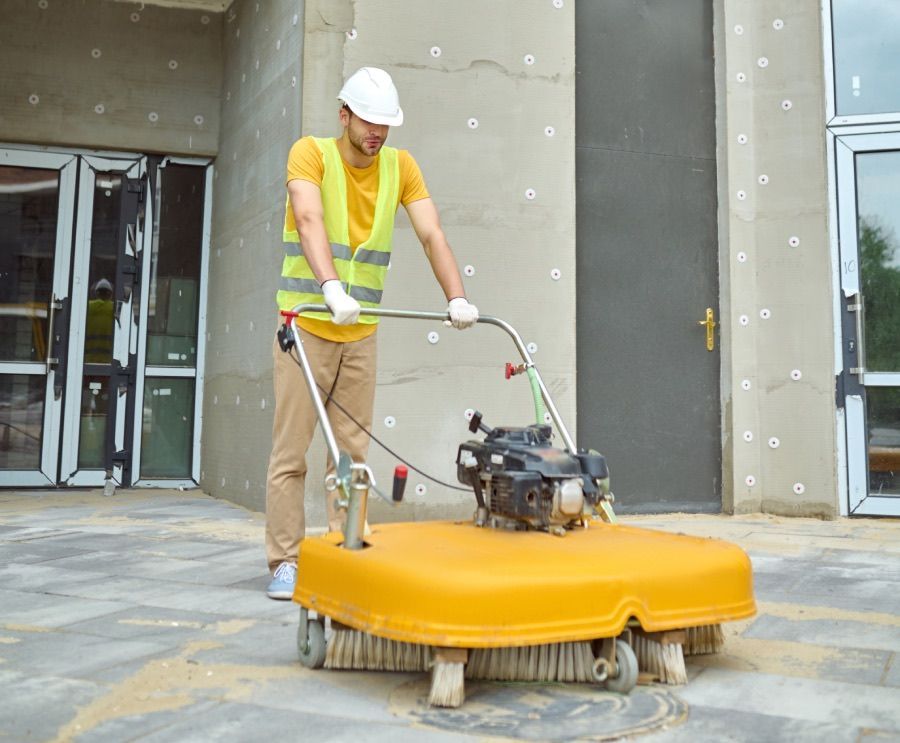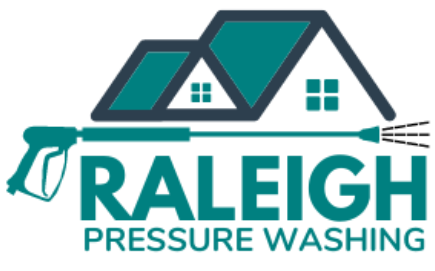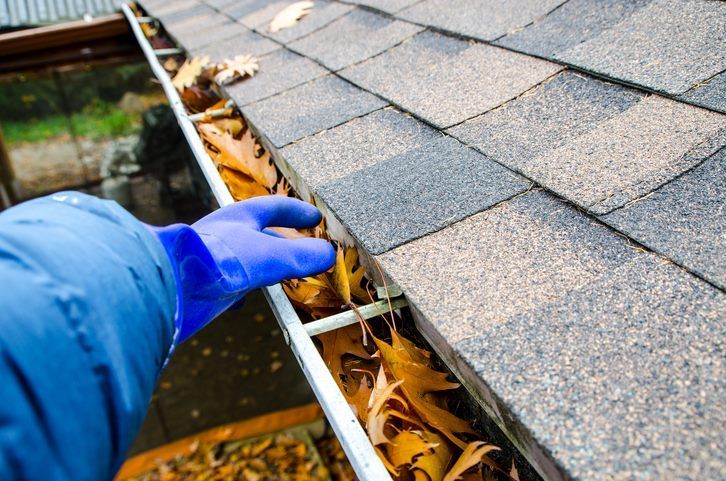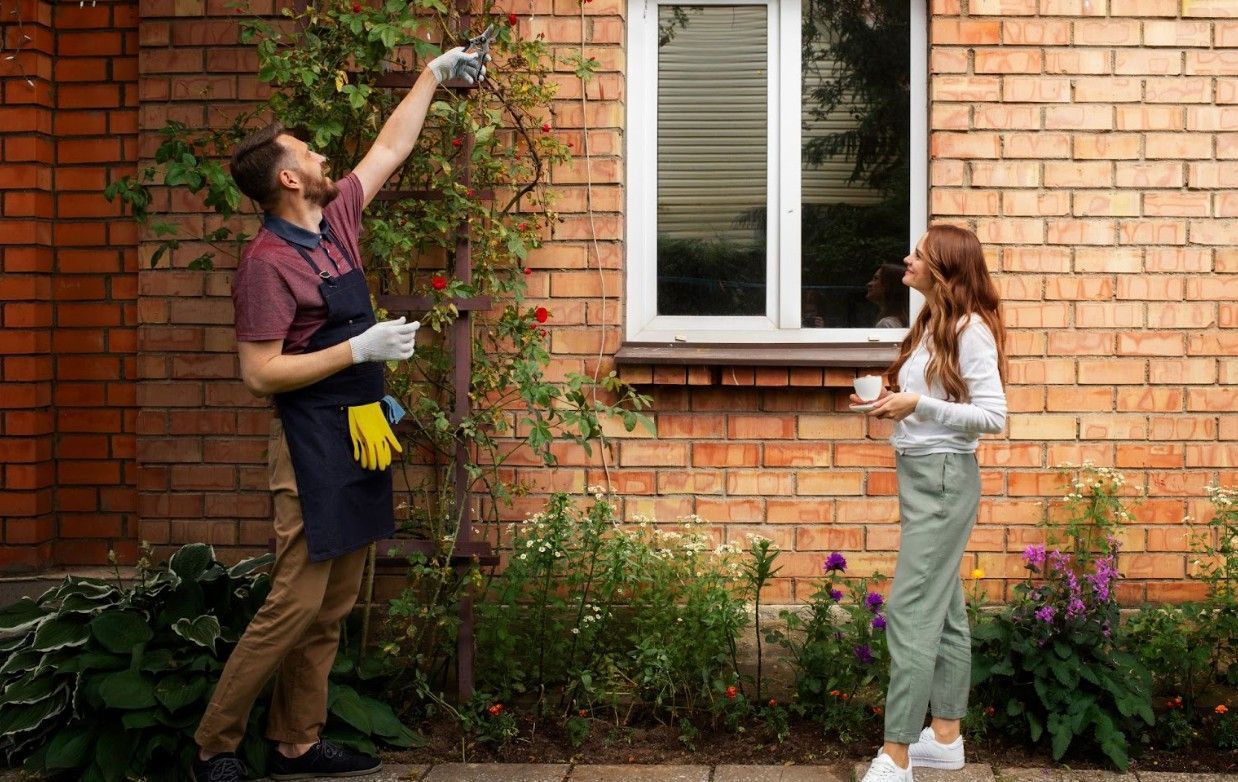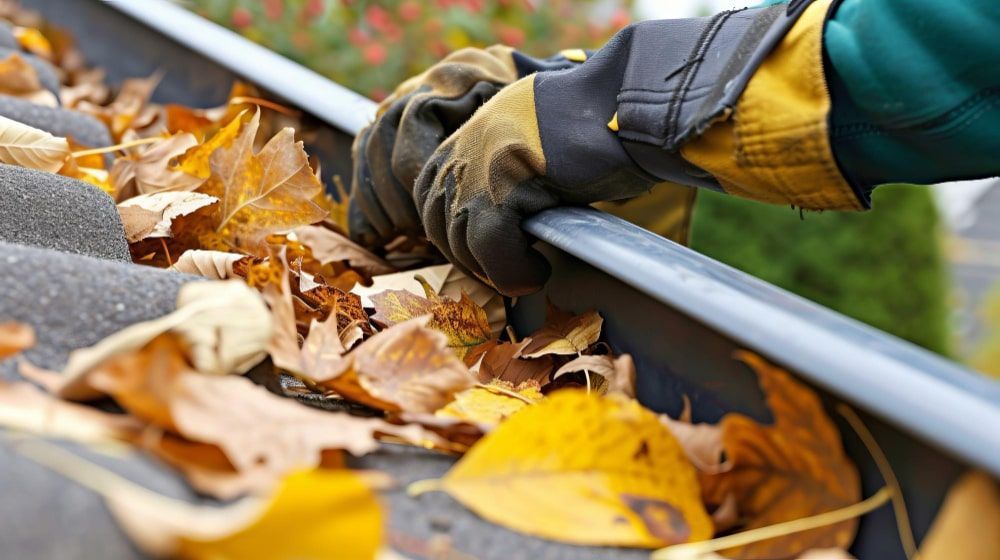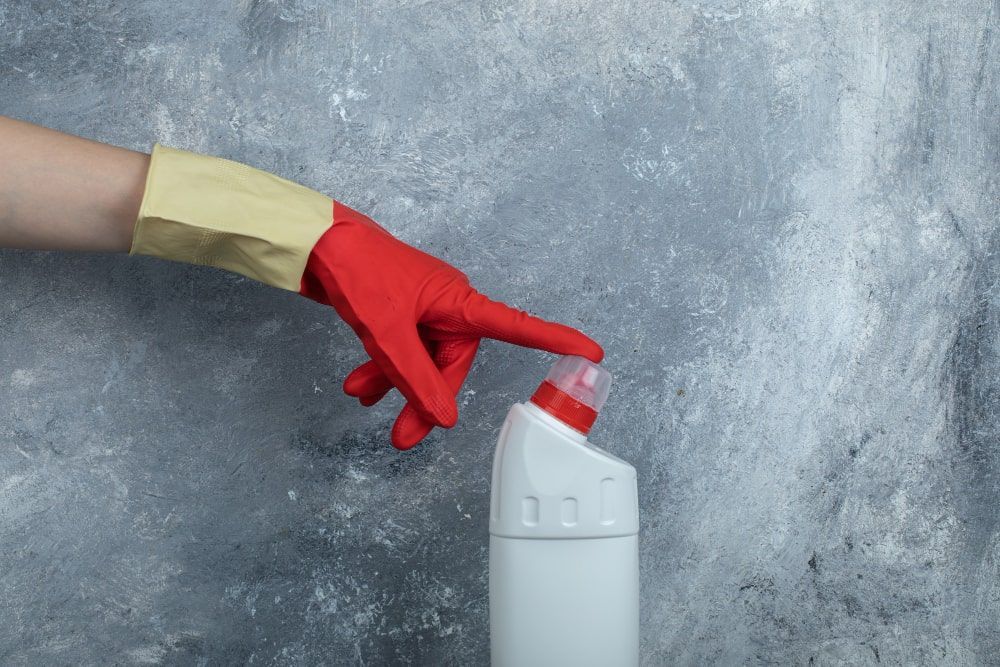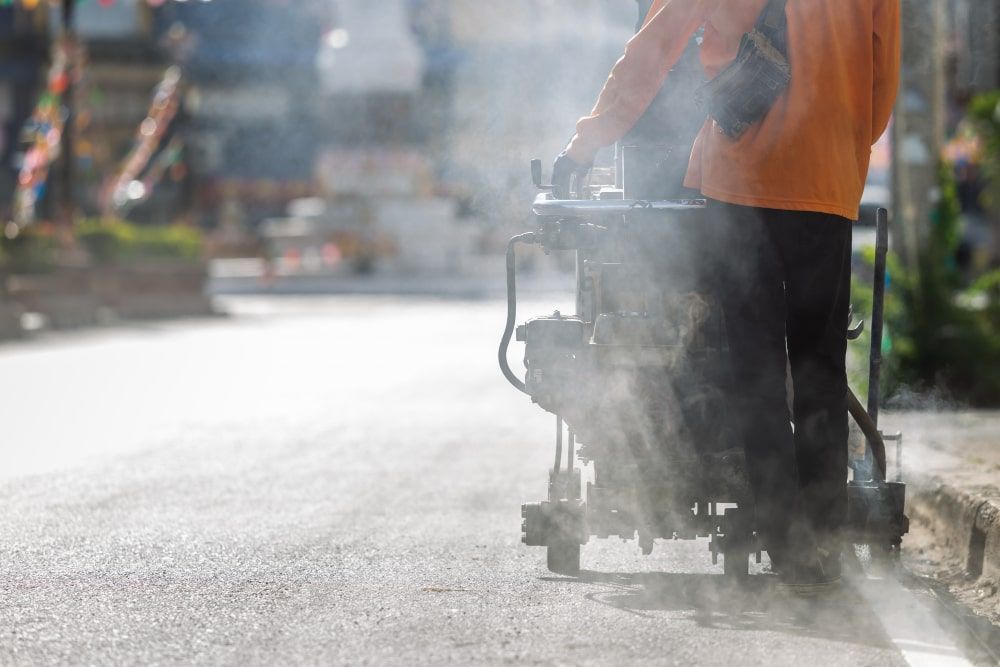Common Mistakes to Avoid When Cleaning Concrete in Zebulon, NC
Concrete surfaces are durable and long-lasting, but they require proper maintenance to stay in good condition. Whether it's your driveway, patio, sidewalk, or commercial parking lot, regular cleaning is essential to prevent stains, mold growth, and deterioration. However, many homeowners and business owners in Zebulon, NC, make common mistakes when cleaning concrete, which can lead to costly repairs or permanent damage.
1. Using Too Much Pressure When Power Washing
One of the biggest mistakes people make when cleaning concrete is using excessive pressure while power washing. While concrete is tough, blasting it with extremely high pressure can cause damage, especially to older or weaker surfaces.
Why It’s a Problem:
- High-pressure washing can etch or pit the surface, leaving it rough and uneven.
- It can weaken the concrete’s protective sealant, making it more vulnerable to stains and damage.
- Excess pressure may force water into small cracks, leading to further deterioration over time.
How to Avoid It:
- Use a pressure washer with the right PSI setting (typically between 2500-3000 PSI for standard concrete surfaces).
- Hold the nozzle at a consistent distance (12-18 inches) from the surface.
- Start with a lower pressure setting and gradually increase if needed.
2. Using the Wrong Cleaning Solutions
Not all cleaning products are safe for concrete. Many homeowners use harsh chemicals like bleach or ammonia, thinking they will remove stains more effectively. However, these chemicals can cause long-term damage and even discolor the concrete.
Why It’s a Problem:
- Harsh chemicals can weaken the concrete’s surface and erode sealants.
- Some cleaners can leave behind residues that attract more dirt and grime.
- Chemical runoff can harm nearby plants, grass, or landscaping.
How to Avoid It:
- Choose a pH-neutral cleaner or a solution specifically designed for concrete surfaces.
- For tough stains like oil or grease, use a degreaser rather than bleach or ammonia.
- Always rinse thoroughly to remove any leftover cleaning solution.
3. Ignoring Oil and Grease Stains
Oil and grease stains from vehicles or grills can quickly soak into concrete, making them difficult to remove. Many homeowners delay cleaning these stains, assuming they will fade over time, but waiting too long can make removal much harder.
Why It’s a Problem:
- Oil stains penetrate the porous surface of concrete, becoming permanent if not treated quickly.
- Stains can make your driveway or patio look dirty and neglected.
- Over time, untreated oil and grease can degrade the concrete’s integrity.
How to Avoid It:
- Treat oil stains as soon as you notice them using a degreaser or baking soda and dish soap mixture.
- Scrub the area with a stiff brush and rinse thoroughly.
- For stubborn stains, consider using a poultice cleaner designed for deep stain removal.
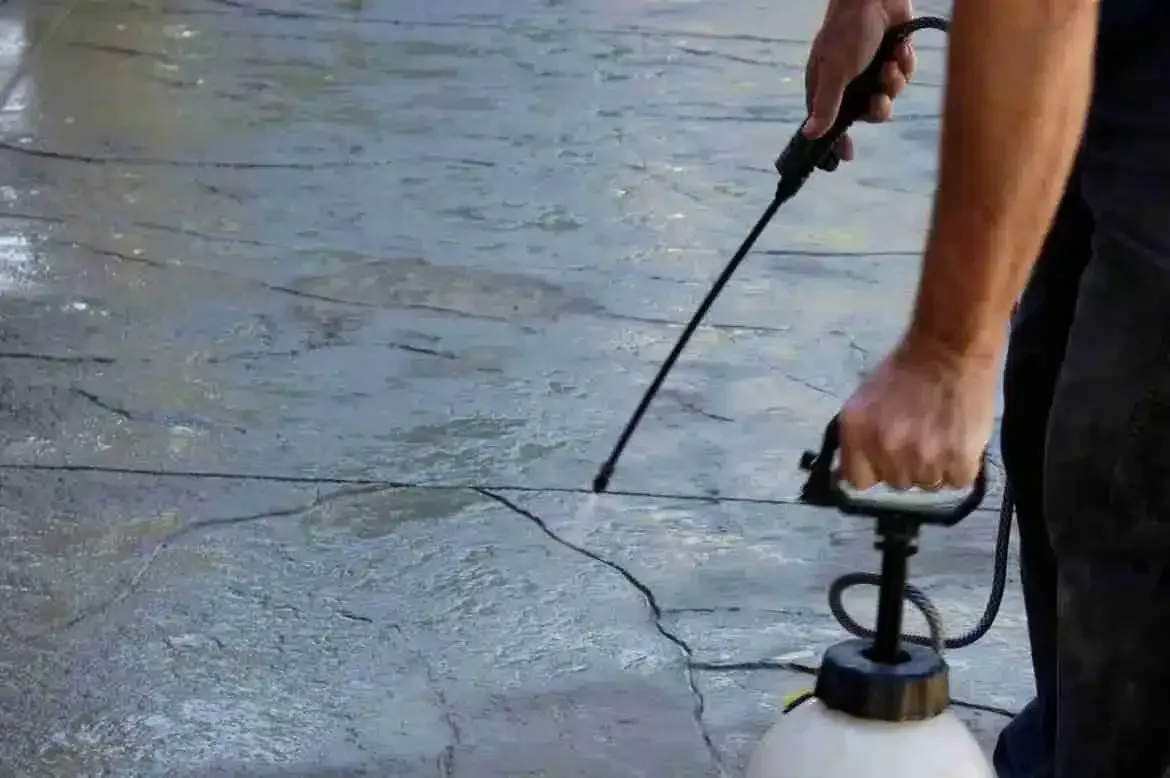
4. Not Rinsing Thoroughly After Cleaning
Many people apply cleaning solutions to their concrete surfaces but fail to rinse them off completely. Residual soap, detergent, or chemicals left on the surface can attract more dirt and cause discoloration over time.
Why It’s a Problem:
- Cleaning solution residue can leave behind streaks and patches of discoloration.
- Soap buildup can make the surface slippery, creating a safety hazard.
- Chemicals left on the surface can break down the concrete’s protective coating.
How to Avoid It:
- After scrubbing or power washing, thoroughly rinse the entire area with clean water.
- Use a hose with a spray attachment for even water distribution.
- Double-check that no suds or residue remain before allowing the surface to dry.
5. Cleaning on a Hot, Sunny Day
Cleaning concrete on a hot, sunny day might seem like a good idea, but direct sunlight can cause problems during the cleaning process. When water or cleaning solutions dry too quickly, they can leave streaks, stains, and uneven results.
Why It’s a Problem:
- Cleaning solutions may evaporate before they have time to work effectively.
- Streaking and water spots can form due to rapid drying.
- Hot concrete can cause chemicals to react differently, leading to unexpected discoloration.
How to Avoid It:
- Choose a cooler, overcast day for cleaning, preferably in the early morning or late afternoon.
- If you must clean on a sunny day, work in small sections and keep the surface damp.
- Use a shaded area or cover part of the surface to prevent rapid drying.
6. Forgetting to Seal the Concrete After Cleaning
Once your concrete is clean, sealing it is an important step to protect it from future stains, moisture damage, and wear. Many homeowners skip this step, leading to faster deterioration of their concrete surfaces.
Why It’s a Problem:
- Unsealed concrete absorbs stains more easily, making future cleaning harder.
- Moisture can seep into the surface, leading to cracks and damage over time.
- Sealing extends the lifespan of your concrete and keeps it looking fresh.
How to Avoid It:
- Apply a high-quality concrete sealer after cleaning, especially on driveways and patios.
- Choose the right type of sealer (penetrating or topical) based on your needs.
- Reapply the sealer every 1-3 years, depending on traffic and weather conditions.
7. Not Cleaning Concrete Frequently Enough
Some homeowners wait until their concrete is noticeably dirty before cleaning it. However, regular maintenance is key to preventing stubborn stains and keeping the surface in top condition.
Why It’s a Problem:
- Dirt, mold, and algae build up over time, making it harder to clean later.
- Regular cleaning prevents long-term damage and extends the life of your concrete.
- Neglected concrete can make your property look less appealing.
How to Avoid It:
- Clean your concrete surfaces at least once or twice a year, depending on foot traffic and exposure to the elements.
- Remove debris and spills as soon as possible to prevent staining.
- Schedule professional concrete cleaning services for deep cleaning and sealing.
Conclusion
Cleaning concrete may seem like a simple task, but making mistakes can lead to unnecessary damage, stains, and costly repairs. By avoiding excessive pressure, using the right cleaning solutions, rinsing properly, and sealing after cleaning, you can keep your concrete in excellent condition for years to come.
For homeowners and business owners in Zebulon, NC, regular concrete maintenance is essential due to the region’s humidity, rain, and environmental factors. If you're unsure about the best cleaning methods or need professional help, consider hiring a local concrete cleaning service to get the job done safely and effectively.
By following these best practices, you can maintain clean, attractive, and long-lasting concrete surfaces for your home or business.
